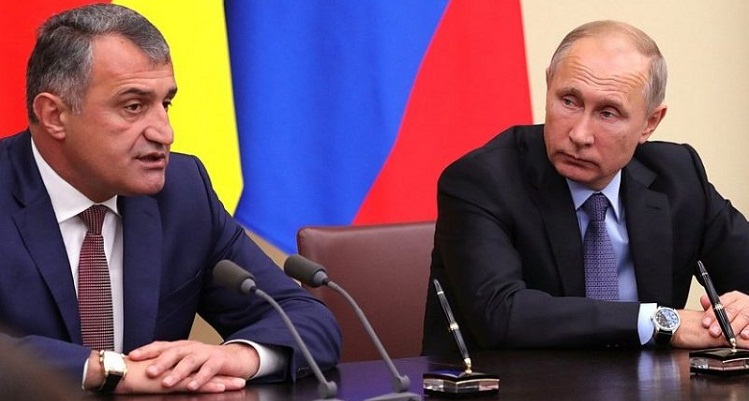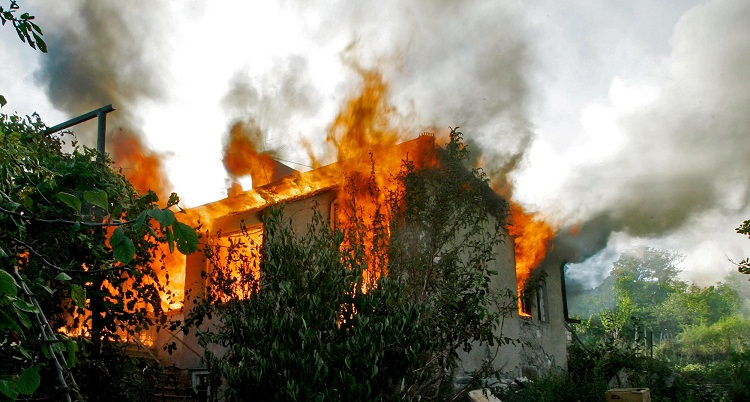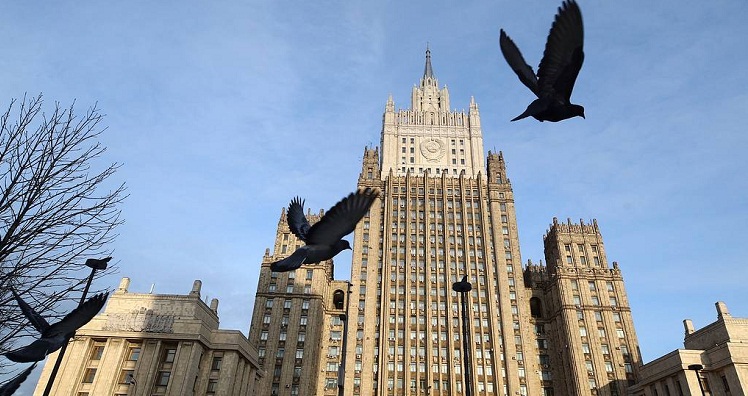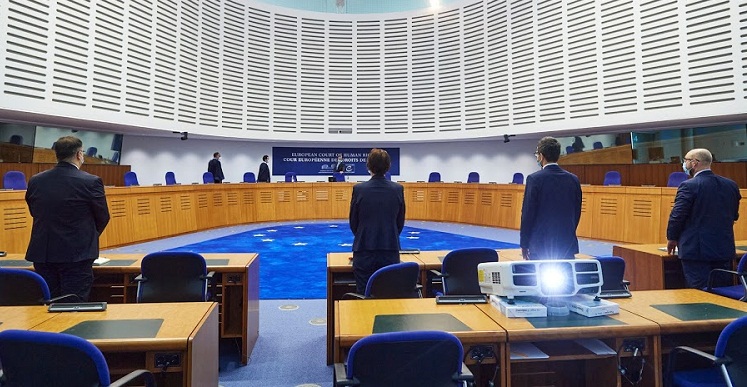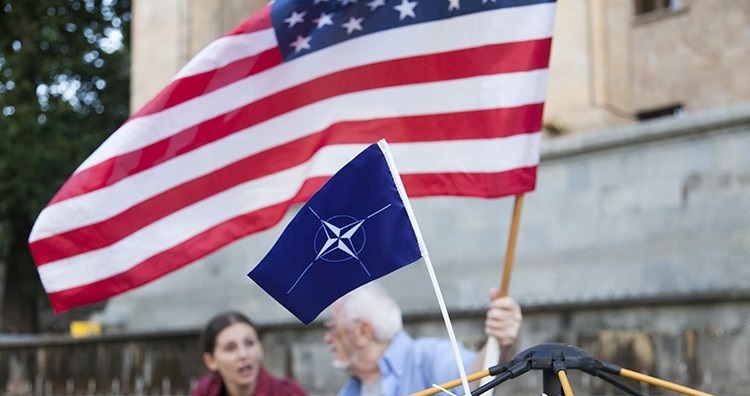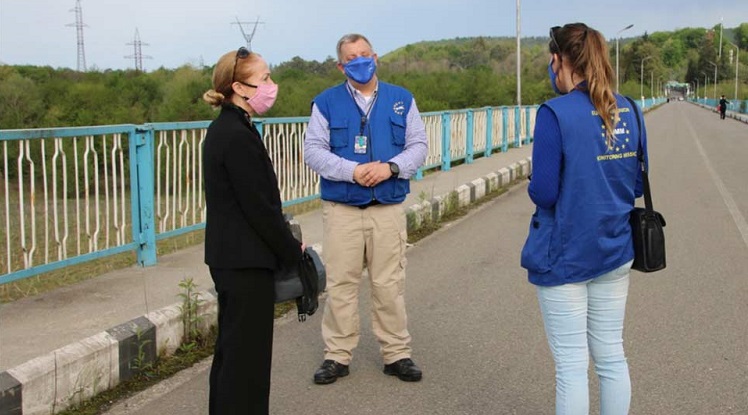Georgian ombudswoman: ECHR ruling in Russia-Georgia war case likely to have impact on ICC war investigation
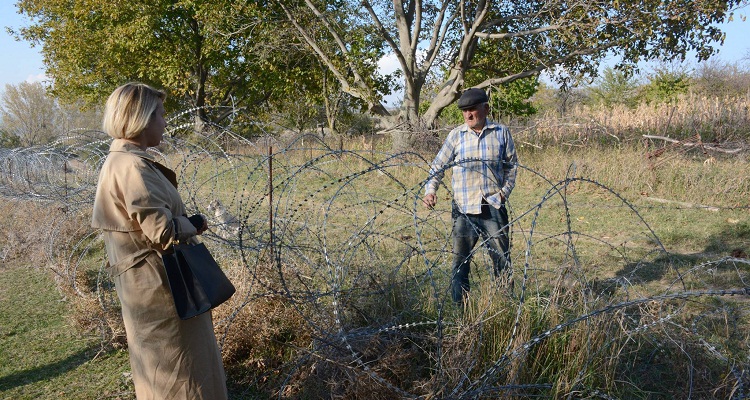
Georgian Public Defender Nino Lomjaria (L) has stated that the ECHR judgement in the Russia-Georgia 2008 war case is of ‘great legal importance’ for Georgia. Photo: Public Defender’s press office.
Georgian Public Defender Nino Lomjaria has stated that the recent judgement of the European Court of Human Rights (ECHR) in the Russia-Georgia 2008 war case ‘is of great legal and historic importance for Georgia,’ and that the judgement is likely to have an impact of the International Criminal Court’s (ICC) investigation of the war.
Since 2016 the Office of the Prosecutor of ICC has been investigating the alleged war crimes and crimes against humanity committed during the August 2008 war. We believe that the judgment of the ECHR will have an impact on this process, especially on the part referring to the torture of Georgian prisoners of war. The European Court unanimously ruled that there had been torture of Georgian prisoners of war and found Russia responsible for this,” Lomjaria stated.
Lomjaria said that ECHR confirmed that Russia had exercised ‘effective control’ over the Georgian occupied territories of Abkhazia and Tskhinvali (South Ossetia) and the buffer zone from 12 August to 10 October 2008.
Since then Russia's strong presence on the occupied territories confirms that Russia continues to have ‘effective control’ over these territories. ECHR said that Russia has a legal obligation to ensure the safe return of internally displaced persons to their homes,” Lomjaria stated.
ECHR released its judgement on the Russia-Georgia 2008 war case on January 21,2021.
The ECHR held that there had been violations of:
- Article 2 (right to life), Article 3 (prohibition of torture) and Article 8 (right to respect for private and family life) of the European Convenstion on Human Rights and Article 1 (protection of property) of protocol No. 1 to the convention.
- Article 3 as regards the conditions of detention of some 160 Georgian civilians in the basement of the de facto ‘Ministry of Internal Affairs of South Ossetia’ between approximately 10 and 27 August 2008. The court said assessed the conditions inhuman.
- Article 5 (right to liberty and security) as regards the arbitrary detention of Georgian civilians in August 2008.
- Article 3 (prohibition of torture) as regards the acts of torture of which the Georgian prisoners of war had been victims.
- Article 2 of Protocol No. 4 (freedom of movement) as regards the inability of Georgian nationals to return to their homes in South Ossetia and Abkhazia.
- And that there had been systematic burning and looting of homes in Georgian villages after the cessation of hostilities, inhuman and degrading treatment of Georgian citizens, and violation of their right to life due to their ethnicity.
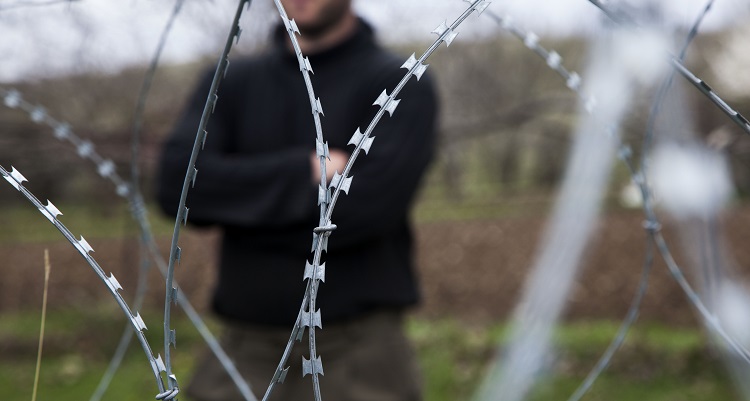 ECHR said that Russia is controlling Georgian occupied regions and is responsible for human rights violations there. Photo: Nino Alavidze/Agenda.ge.
ECHR said that Russia is controlling Georgian occupied regions and is responsible for human rights violations there. Photo: Nino Alavidze/Agenda.ge.
The Grand Chamber of the ECHR unanimously held that Russia had a procedural obligation under Article 2 of the convention to carry out an adequate and effective investigation not only into the murder of Georgians citizens which had occurred after the cessation of hostilities (following the ceasefire agreement of 12 August 2008) but also into the events which had occurred during the active phase of hostilities (8 to 12 August 2008); however, Russia had not carried out such an investigation.
- PM Gakharia on 12th anniversary of Russia-Georgia war: ‘Russia must end its destabilisation actions’
The Grand Chamber noted in its ruling that during the active phases of hostilities (8-12 August), Russia tried to take control over the Georgian territory through aviation and artillery bombing. However, the active fighting between enemy military forces seeking to establish control over an area in a context of chaos meant that there was no ‘effective control’ over that area.
At the same time, the court concluded that the events occurring during the active phase of hostilities (8 to 12 August 2008) had not fallen within the jurisdiction of Russia, as they had to be assessed not on the basis of the European Convention but on the basis of the norms of international humanitarian law.
The court concluded that the events occurring after the cessation of hostilities (following the ceasefire of 12 August 2008) had fallen within the jurisdiction of Russia and held Russia responsible for the violations committed in the mentioned period.
 Tweet
Tweet  Share
Share

